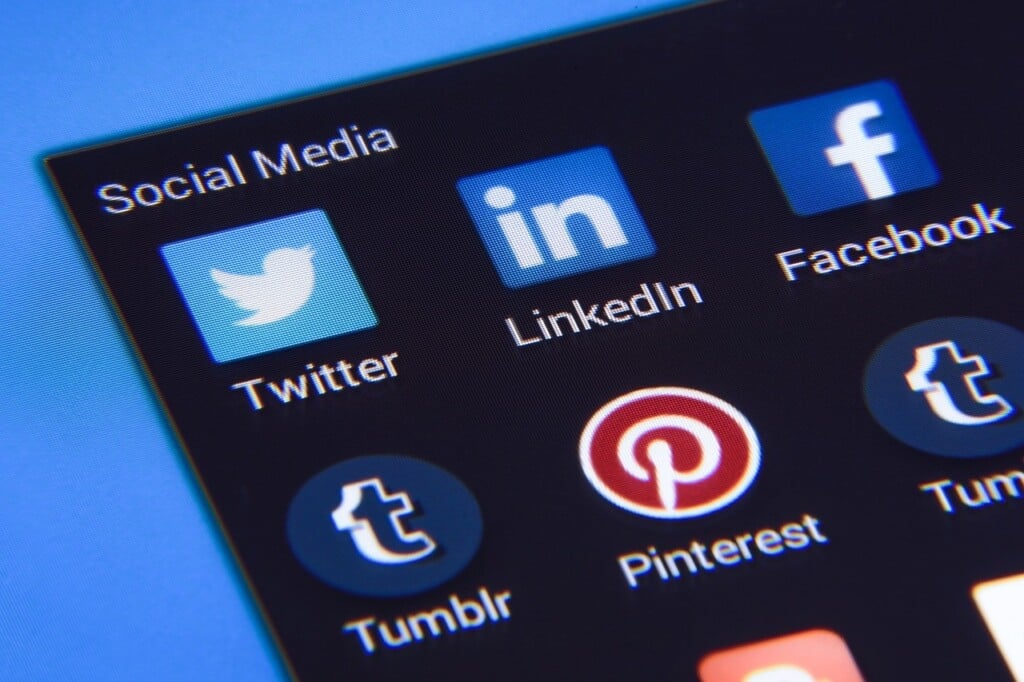Teens and Social Media: How to Protect Their Mental Health
What therapists want you to know about the risks and rules you might consider

Several months ago, U.S. Surgeon General Dr. Vivek Murthy issued an advisory about social media’s impact on children and teens’ mental health. Parents were rightfully alarmed. But is it possible—or even advisable—to keep kids away from social media entirely?
“Telling parents to keep their kids off social media is an oversimplification,” says Emma Giordano, a therapist at Empower Your Mind Therapy. “There are many positives in social media use, including building communities and strengthening connections with friends. But there are dangers too, and parents need to be aware of the risks so that they can help their kids navigate social media safely.”
“Like many other tools in our lives, it’s about learning how to use social media with and around our teens and how parents permit their teens to use social media,” says Erin O’Connor, Chief of Education at Cooper and Professor in Teaching and Learning at NYU’s Steinhardt School of Culture, Education, and Human Development, and Program Leader for Early Childhood at NYU.
Establish Rules Early
Social media apps like TikTok, Snapchat, and Instagram have minimum age requirements (usually 13), and Murphy believes even that’s too early. Before allowing your child to sign up, clearly outline rules and discuss online safety. Family guides on Wait Until 8th can help with these discussions.
Parents can and should follow their child’s social media accounts, but recognize many teens set up multiple accounts with different aliases to bypass their parents. “For younger teens, it may be easier to monitor online activities,” Giordano says. “For older teens, it becomes more a balance between trying to protect them but also trusting them and allowing for privacy.”
Remind children and teens that nothing they post is private, even when they think it is. Make sure they understand what it means to leave a digital footprint, and how something that may seem benign or funny now may not be in a few years. Also be clear that technology doesn’t replace in-person socialization or activities. If you think your child spends too much time online, set limits, including “phone-free” time, like during meals and bedtime.
Educate Your Child on the Negative Impacts
“As adults, we have developed a framework to understand that many of the images we consume on social media are altered and companies or celebrities dedicate copious resources to curating idealized versions of themselves,” O’Connor says. “Just like scary movies, we can pull back and remind ourselves this is not real life; it’s just pretend.”
Children and teens don’t have the same maturity and life experience as adults, which can make them more susceptible to the pressure to appear perfect. “It’s up to parents to explain to their kids that what they are seeing is merely a highlight reel,” O’Connor says, “and to not measure themselves or their lives against what they see presented on social media.”
Model Good Social Media Behavior
Kids are always watching their parents, so it’s important to model good online behavior. “If you engage in social media, beginning to narrate your practices and approaches that align with your family values can indirectly help a child understand how they might engage,” O’Connor explains. “You can discuss what is and is not acceptable to post, how much time to engage, and whom to befriend or follow.”
“If parents are always checking their phones at the dinner table or spend hours on the couch scrolling Instagram, kids will think it is okay to do the same,” Giordano adds.
And because it’s about establishing trust and boundaries, parents shouldn’t post about their kids (even things that seem innocent, like a photo on their birthday) without consent.
Let Them Know They Can Come to You
Social media’s anonymity can provide an outlet for cruel and dangerous behavior. “Teens can post and receive comments without seeing others’ responses,” O’Connor says. “This can make it easier to say things without the same social considerations or consequences as in-person reactions. Further, this can be happening 24/7.”
Let your child know they can come to you if they face any problems online without fear of judgment. “Kids need to know they can go to their parents without risk of punishment if they have gotten into trouble online or are being harassed, bullied, or extorted,” Giordano says.
Beware of Changes in Mood and Behavior
“While the media has amplified research about teen self-injurious thoughts and behaviors, there is still much that we do not know, and it can be important not to presume that social media will negatively impact teens’ mental health,” O’Connor says. “Parents may also notice depressive symptoms, social withdrawal, self-injurious thoughts and behaviors, irritability, and extreme reactions when they attempt to restrict social media usage.
If your child has a change in mood, eating habits, sleep patterns, grades, or doesn’t want to engage in activities they usually enjoy, these can all be signs of a mental health struggle. Talk to your child and contact a mental health professional for assistance if you have any concerns.
RANDI MAZZELLA is a freelance writer specializing in parenting, teen issues, mental health, and wellness. She is a wife and mother of three children. To read more of her work, visit www.randimazella.com.









